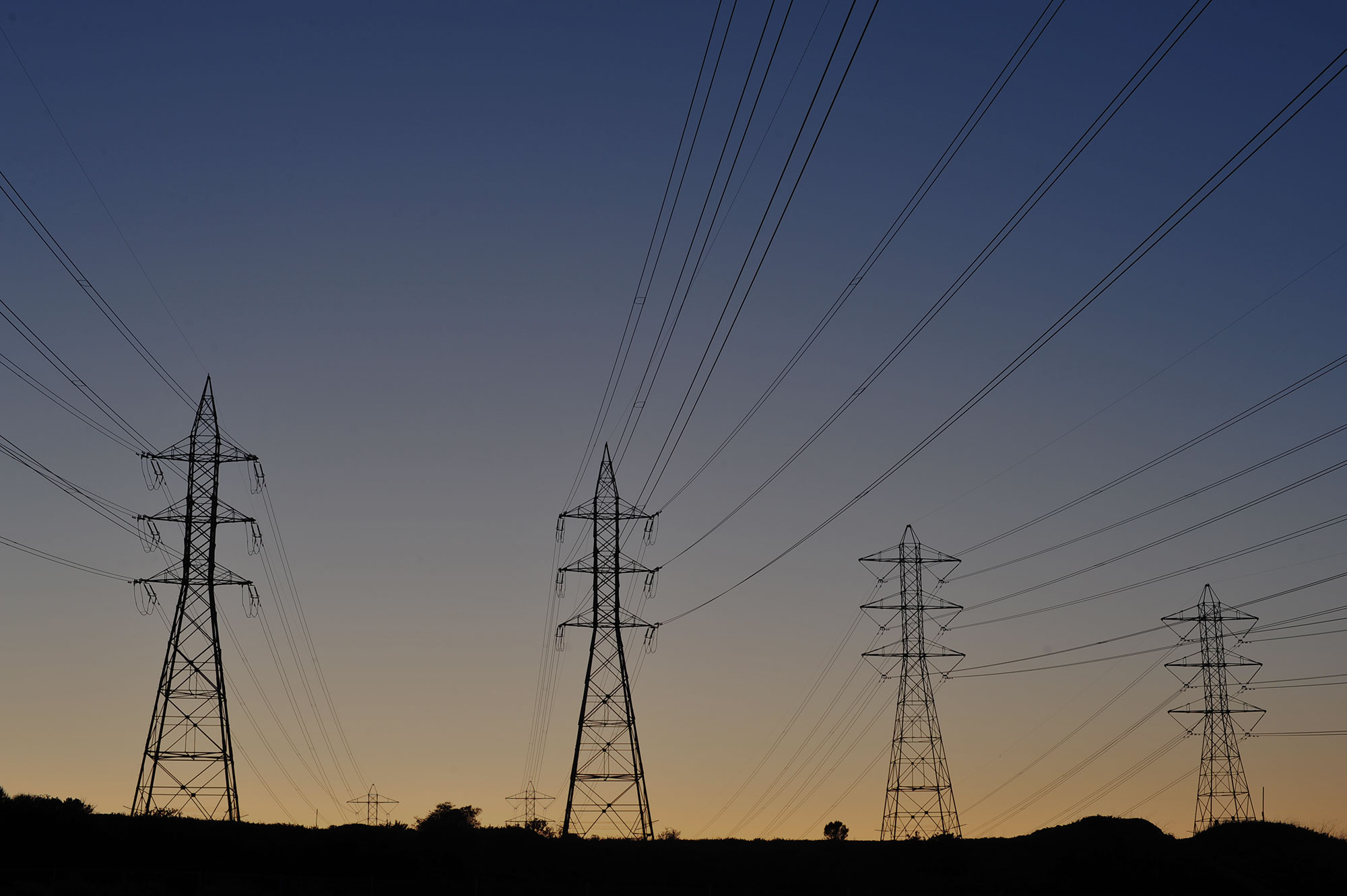
The specter of unreliable access to affordable, plentiful energy, calls to mind sub-Saharan Africa or rural India, but the crisis in Texas is a reminder that we’re all just one poorly managed risk away. Millions of Texans already struggling through the pandemic are now demonstrably worse off as a result of mismanagement of a system on which life for many literally depends.
Electricity systems work best when they are large, with a variety of generating technologies and extensive redundancy. Texas has mostly cut itself off from the rest of the country over time based on a misguided, politically motivated determination to be electricity independent. The result is that Texans don’t have easy access to outside sources of power when things go very wrong.
Their leaders compounded the error by relying overly on the power of markets to protect the system in times of crisis: they chose not to enact regulation that would penalize generators who fail to generate when called upon. These politicians assumed that high prices within the wholesale market at times of crisis would draw the generators in. Instead, generators nearly unanimously decided it was in their financial best interest to forego that opportunity, and chose not to invest in the seldom needed heaters and backup systems for energy technologies that would have enabled them to function when the crisis came.
So the tragedy in Texas is the outcome of bad politics made worse by bad regulation. People got marginally cheaper electricity for a number of years than they otherwise would have, but they were hugely exposed to disaster whose proximate cause was cold weather, but was ultimately man made, and easily avoidable.
There are a lot of really tragic aspects of this whole hot mess. For one, it was the result of a known, uncovered risk related to the changing climate and the increasing probability of extreme weather on both sides of the spectrum in Texas—hot as well as cold. Perhaps an even worse aspect is that, having exposed the people of Texas to the disaster, government officials failed to do their jobs; they neither acknowledged nor planned for how they could mitigate the risks.
It’s an object lesson for the stewards of our power system all over this country. In our increasingly electricity-dependent society, there is no alternative but to anticipate systemic risk, and plan accordingly. Texas has demonstrated that markets and political ideology can’t be relied on to keep the pipes from freezing. For that matter, ideology won’t keep hackers out, it won’t protect us from terrorists, sabotage, forest fires, or fuel shortages either, no matter what combination of fossil or renewable generation technologies we use.
Securing our infrastructure starts with a clear-eyed assessment of risks of all kinds, including compound risks: the possibility that more than one thing goes wrong at a time. And because not all risks can be entirely mitigated, we need backstops. That includes providing the sorts of social services we now see Texas also lacks, to ensure that all people—starting with the most vulnerable—have food, water, and shelter until the lights come back on.